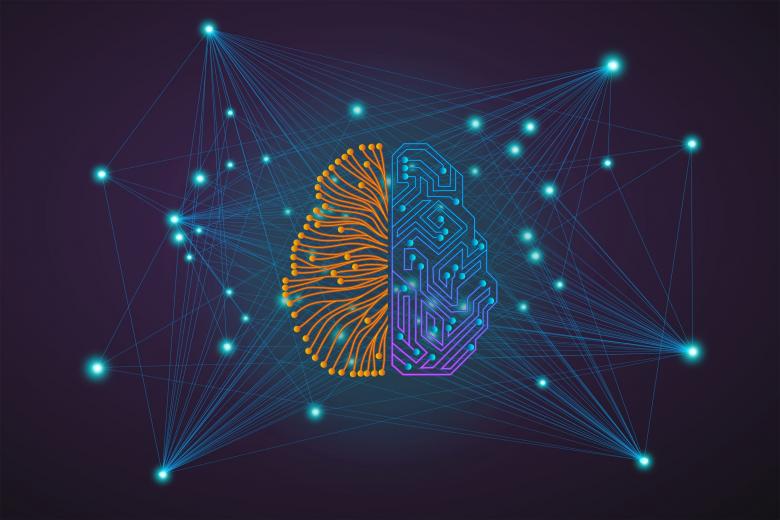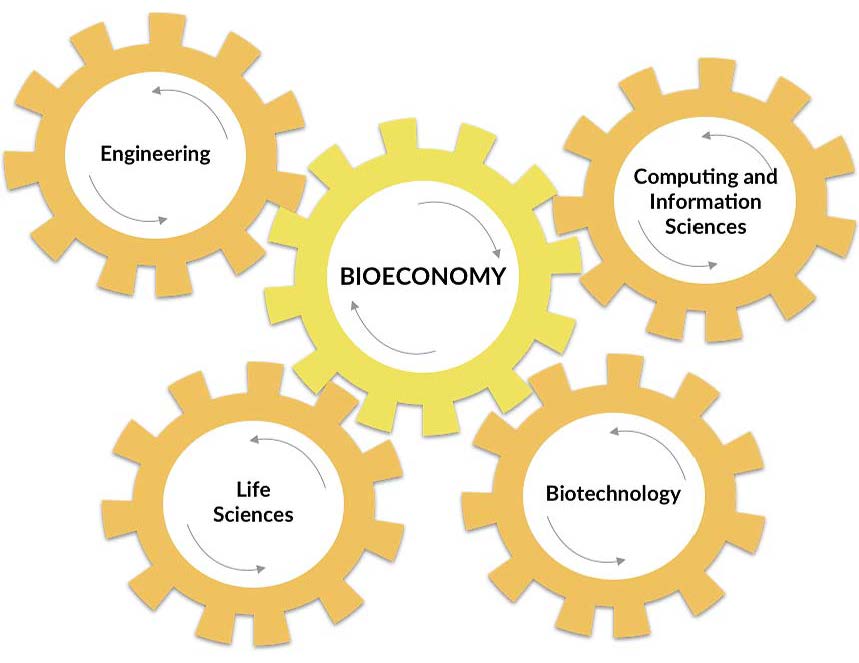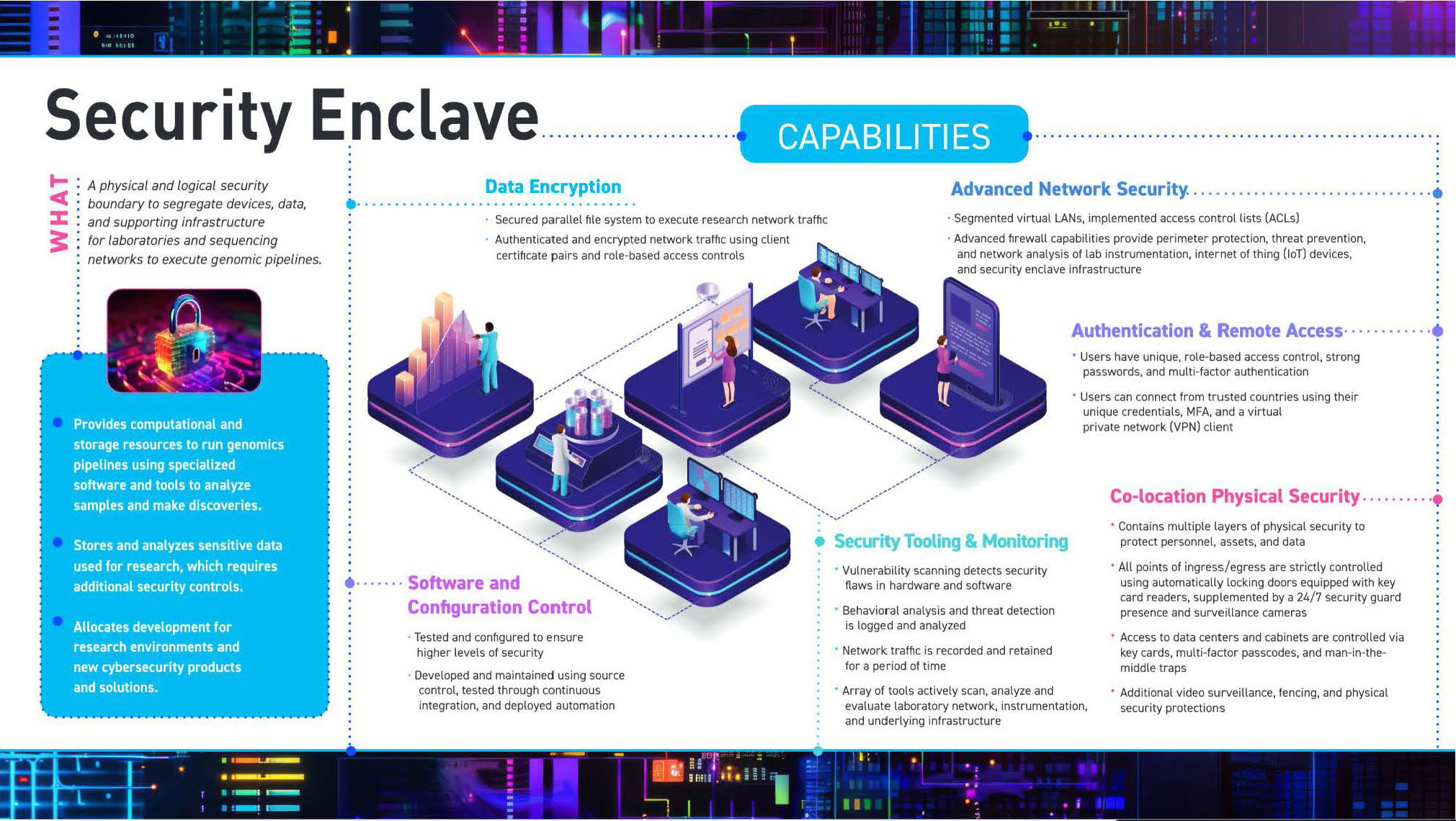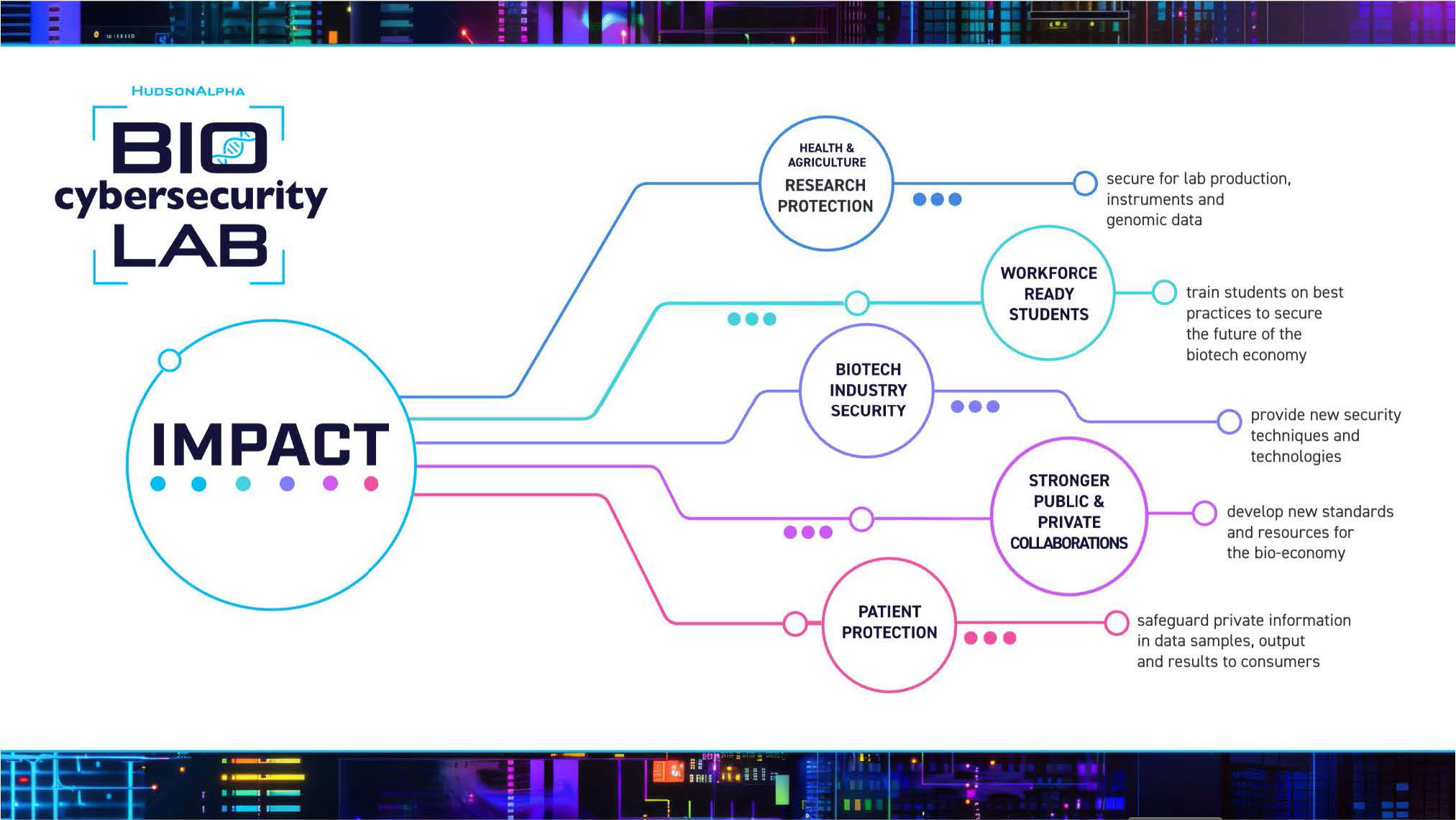Human &
Artificial Intelligence
The simulation of human intelligence using computers trained on large language models (LLMs) is commonly referred to as artificial intelligence (AI). As methodologies continue to expand and improve, the performance of these systems, measured in accuracy and fidelity of outcomes, is constantly being enhanced.

The programmatic deployment of agents, equipped to curate, combine and use the output from such systems for execution of multistep tasks, based on user-defined goals and preferences, simulates the work of a human assistant or companion.This algorithmic, goal-driven empowerment of non-human agents signals a paradigm shift in how human intent and technology will merge to deliver target outcomes.

The relentless momentum of expansion and innovation by large organizations, offering open and closed source models, has made this technology accessible for use by any person. This has prompted the establishment of institutions across multiple government agencies, with subject matter expertise, to engage with all stakeholders in developing design & functional standards, for AI oversight. Examples in the US are:
- NIST: Artificial Intelligence Safety Institute
- DHS: Artificial Intelligence Safety & Security Board
- NSA: Artificial Intelligence Security Center

EKTA is committed to staying abreast with the evolution of AI standards and the ways in which human plus artificial intelligence could beneficially impact our lives. This technology will permeate all fields of human endeavor in different ways. Our main areas of interest are education, environmental protection, health and well-being.
An 18-minute Jan-2024 video on the basics of Generative AI, the best we’ve found
Cybersecurity:
Safeguarding the Bioeconomy
The proliferation of Information Technology across global networks critical infrastructure, and cloud services has made data security a defining elemental need of the 21st Century. At the behest of a US security agency, the National Academy of Sciences, in 2020, completed a report entitled "Safeguarding the Bioeconomy". It included a graphic illustration of the economic drivers of this segment of the economy.

The HudsonAlpha Institute for Biotech Research is the nucleus of a 155-acre campus of Biotech, Computing, Engineering and Life Sciences enterprises in the country’s second largest research park, in Huntsville, Alabama. In 2023, EKTA funded the Institute’s Security Enclave, a segregated hardware-and-software-defined perimeter network, regulating and safeguarding data flow for laboratories executing genomic pipelines and all other users.

In 2024, building on the core asset of the Security Enclave, EKTA engaged with the Institute on developing a Bio Cybersecurity Laboratory for education, research and training in the protection of genomic information, instruments and infrastructure. Starting in Oct 2024, the BCL will kick off its education mission by welcoming students from the Alabama School for Cyber Technology & Engineering to their first hands-on interactive training class.

There is a connection between AI and Cybersecurity, best illustrated by an excerpt from the US Senate’s Jul 22 letter to the CEO of Open AI. In the preamble they state, “OpenAI is now partnering with the U.S. government and national security and defense agencies to develop cybersecurity tools to protect our nation’s critical infrastructure.”
The BCL at HudsonAlpha is fully equipped to expand into AI-augmented Cybersecurity education, research, and training. EKTA’s ongoing partnership with the Institute will ensure that the Lab is resourced to adapt its operations to counter emerging cyber threats in the years ahead.
